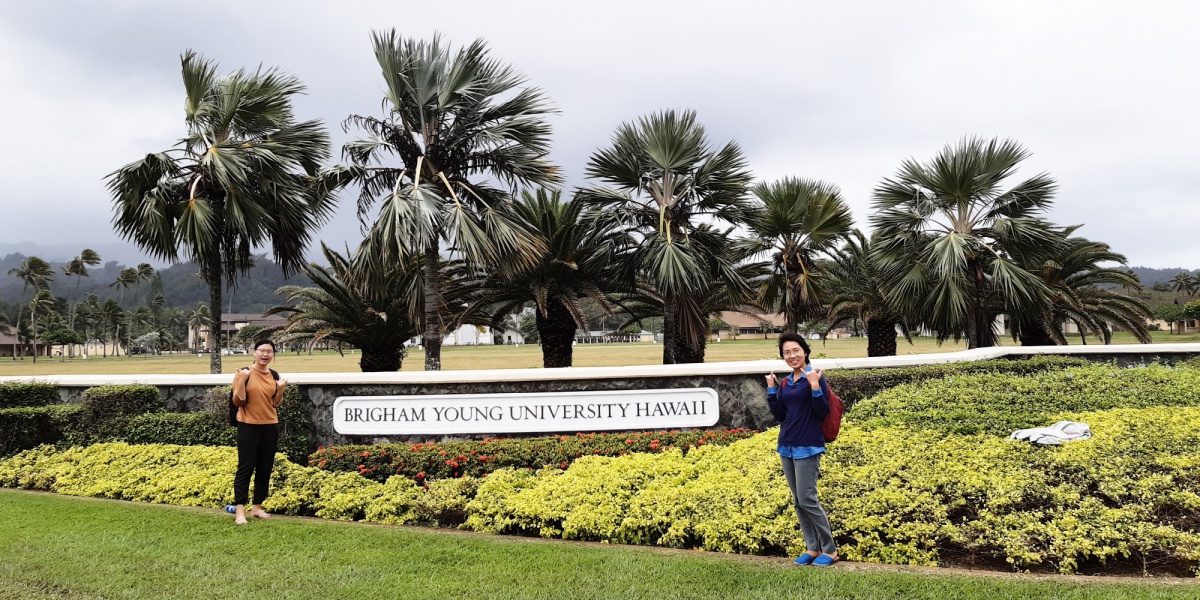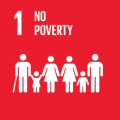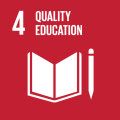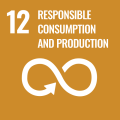AEMP Graduates Applying their Knowledge at Junyi
This summer, Lisa Chiang and Chiti Chen, graduates of the 2020 Asian Executive Management Program (AEMP), joined the Junyi School of Innovation workforce after completing the program in April. In collaboration with WISH Communication, Brigham Young University-Hawaii (BYUH), and the Polynesian Cultural Center (PCC), The Alliance Cultural Foundation's (ACF) AEMP offers full scholarships to selected applicants who are passionate about the well-being of the Huatung indigenous communities to pursue study at the BYUH. In a program designed for eight months, Chiang and Chen took courses relating to culture and tourism. They were inspired by the difference between teaching and learning in an unfamiliar environment. At Junyi, they can apply the newly learned knowledge they have gained from their eight-month journey.

ACF is dedicated to nurturing talents locally as part of its mission to create sustainable economic growth in the Huatung region and to foster society's value for the indigenous culture. Several of ACF's programs bring youths from outside of Huatung to the region in hopes of connecting them to the culture and the land and discovering an appreciation for it. Each summer, ACF organizes youth camps in Taitung; it gives an opportunity to over 100 volunteers from across Taiwan to get to know Huatung and the people of the region. As Ahronglong Sakinu from the Paiwan tribe once said, “Regardless of blood relation, I feel that the people who value and respect the indigenous culture naturally become part of the indigenous family…”
The AEMP encourages its students to learn and think about cultural preservation and issues that may arise amid the growth of tourism. In addition to taking classes at BYUH, students take on internships to gain practical experience as part of the program requisite. After completing the program, graduates commit to two years of work at ACF or an ACF partner organization.
Before embarking on the AEMP journey, Chiang and Chen were both senior volunteers at ACF, where they dedicated a majority of their volunteering to summer camps. In mid-May, they began their vocations at Junyi. Chiang's work mainly involves summer camps and promoting English online learning resources schoolwide. In contrast, Chen is involved with recruiting for Junyi's scholarship program and the Junyi Innovative Study Abroad Program.

For six consecutive years as a volunteer, Chiang took on camp leadership roles; since shifting from her role to an employee, she found the experience to be entirely different – from leading new camp volunteers to communicating with different departments, they are all new challenges. On Chen's first day, she visited the homes of Junyi's scholarship program candidates – an annual occasion for the school to understand better real-life conditions at home as well as whether candidates fit well into the school. Chen witnessed secondary poverty firsthand, which she did not realize until then. It was likely the same condition many of the campers she met while volunteering in the summers were living in.
At BYUH, Chiang developed an interest in Human Resources (HR). HR focuses on human-to-human communication, uncovering other needs; she found her observations useful when communicating with different departments. BYUH students come from over 70 countries. Engaging with a body of culturally diverse students allowed Chiang to learn to respect ideas when leading a team mutually. Instead of changing ideas to her ideals as she once did, she learned to facilitate them toward the end goal.
BYUH students vary in age and life experiences. Chen found that while studying in Taiwan with peers of similar ages and goals, peers tend to compete in performance and resulBYUH'se to BYUH's diversity, every student moves towards their paths, striving to be the best of themselves. Under this environment, Chen was able to focus and Chen's. In Chen's internship at an apparel shop in the PCC, management encouraged staff members to offer suggestions on how the shop could improve its day-to-day operations. With the given trust and the space to grow, Chen shifted away from her usual neglect of authority. At Junyi, when given a project, she now considers its purpose and works hard to reach the goal.

DAEMP'seng, AEMP's 2019 graduate, has worked at Junyi for an entire year. As the Boarding Program Coordinator, her role involves planning the student boarding life. Boarding is crucial for student growth, particularly for students from unstable family conditions; Junyi hopes to set an example for boarding management and living. Besides enforcing a strict schedule for students, Junyi values nurturing self-learning and creating off-campus activities for students to experience Huatung.
Last semester, Tseng organized four-weekend activities. Students volunteered at the Sakuban Puyuma village by helping to clean the commune. They also visited the National Museum of Prehistory, played paintball, and even learned pottery from a Paiwan artist. Junyi students come from all parts of Taiwan, and Tseng hopes that through the activities, they can develop a deeper connection with the local community.

For Tseng, her greatest takeaway from the AEMP is communication. At the BYUH, she witnessed immense trust between the student and teacher and how students would speak freely of their ideas and debate with teachers while being heard and respected. At Junyi, she applies the same trust to students. On Wednesdays, Tseng schedules discussion sessions with 11th and 12th graders. Students share their lives, thoughts, and concerns with her, while Tseng offers advice and encouragement. When sessions were put on hold amid COVID-19, Tseng felt encouraged in her work when students were eager to resume sessions.
Tseng also brought the warmth of the BYUH office back to Junyi. Unlike the teachers' offices in Taiwan, Tseng decorates her space with books, candies, and posters to create a more welcoming tone and opportunity for small talk. She leaves notepads on her desk for students to leave messages to avoid missing out on any opportunity to communicate with them.
AEMP currently has seven graduates, three of which started by volunteering at summer camps. Before being selected to the AEMP, they worked in the offices of ACF and are now staff members of Junyi. ACF hopes that regardless of where their life journey takes them, they will bring and share the culture and values of Huatung with them. ACF hopes to continue to foster a broader vision in youths who contribute to the sustainable economic growth of Huatung.







